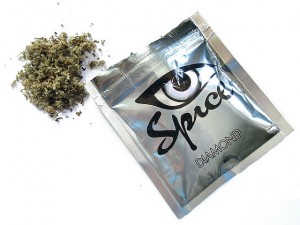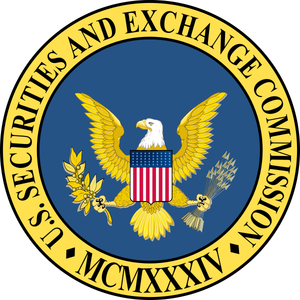Two city officials in Jacksonville, Florida have been convicted of fraud and money laundering.
Federal court records show that jurors in Jacksonville found 39-year-old Katrina Brown and 57-year-old Reginald Brown guilty Wednesday on multiple charges. The former Jacksonville City Council members are scheduled to be sentenced Jan. 27. The government is seeking forfeiture of more than $750,000.
Prosecutors believe Katrina Brown obtained millions of dollars in U.S. Small Business Administration loans to expand her family’s barbecue business and create local jobs.
Investigators say she and Reginald Brown, who is not a relative, incorporated two businesses they used to submit fake invoices to their lender for services that the businesses had not provided.
An indictment says Reginald Brown deposited the reimbursement checks into the businesses’ bank accounts.
Money laundering is a white collar crime that occurs when an individual conceals funds earned from criminal activity within a legitimate financial channel. This is a serious federal offense and can result in stiff fines and jail time. These charges are serious and you can expect for federal prosecutors to pursue money laundering charges by working closely with federal law enforcement agencies and applying all of the laws at their disposal, including the Money Laundering Control Act, the Anti-Drug Abuse Act, and the Bank Secrecy Act. Because of the fact that there are severe consequences associated with these charges, you need the legal assistance of an experienced criminal defense attorney if you face money laundering charges or any similar allegations.
To prosecute an individual for money laundering, the court must prove that the accused individual illegally gained the funds in question and then deliberately tried to hide where the funds originated from. If the prosecution fails to prove these two crucial pieces of evidence, the money laundering charges must be dismissed. Our Florida Money Laundering Defense Attorneys at Whittel & Melton understand that criminal charges like these can be false or the circumstances can be easily misrepresented. That is why our attorneys will believe your story and work as your trusted legal advocates to prove your side of the case. We will do everything in our power to have the charges against you dismissed or reduced.
Money laundering can only occur if the accused earned funds through criminal activity. With that said, there are numerous other criminal charges that often accompany money laundering charges in Florida, such as financial fraud, health care fraud, drug trafficking, drug distribution, and even prostitution. Our Florida Criminal Defense Lawyers at Whittel & Melton can address any and all criminal allegations made against you simultaneously, with the hopes of resolving these claims in a positive outcome.
Our Jacksonville Criminal Defense Attorneys will launch an extensive investigation into your case and use every legal avenue available to mount a strong defense. There are defenses against money laundering and financial fraud crimes, such as:
- Insufficient evidence: A prosecutor has the burden of proof to show that the accused intended to illegally hide the origin of allegedly laundered money and that the money was illegally obtained from a specific criminal activity. If the evidence fails to prove this, then it is entirely possible to have the case dismissed.
- Absence of intent: If the prosecution cannot prove that the accused was aware that the allegedly laundered money was obtained illegally or that the accused intended to commit a crime, then the case could very well be dismissed due to the lack of intent.
- Extreme duress or threats: If the accused can prove they were threatened and believed their life to be in danger if they did not participate in the money laundering crimes for which they are being charged, then it may be possible to have these criminal charges dropped or reduced.
 Florida Criminal Attorney Blog
Florida Criminal Attorney Blog






